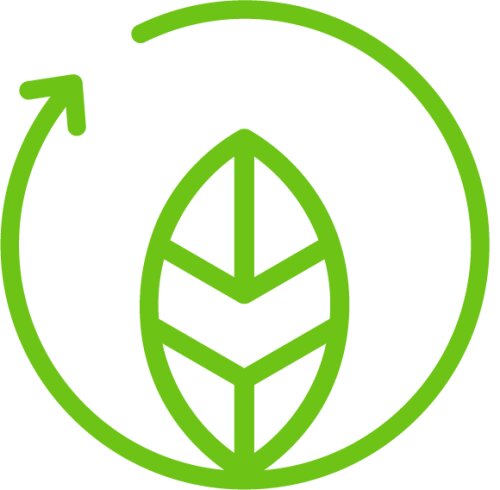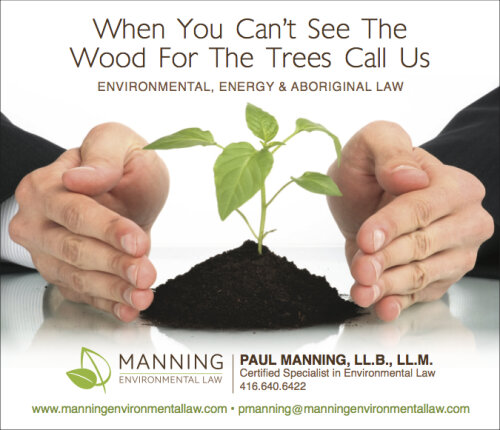Best Agriculture Lawyers in Toronto
Share your needs with us, get contacted by law firms.
Free. Takes 2 min.
List of the best lawyers in Toronto, Canada
About Agriculture Law in Toronto, Canada
Agriculture law in Toronto, Canada encompasses laws and regulations governing agricultural practices, safety protocols, land use, environmental concerns, trade, and marketing of agricultural products. Despite being in an urban setting, Toronto has a significant number of local farms contributing to its food supply, and thus, the agriculture industry is still an essential part of its economy. Given the interwoven nature of agriculture with factors such as zoning laws, environmental protection, and food safety regulations, it is inevitable for any stakeholder to encounter legal situations in the course of their practice. It is crucial to understand these regulatory frameworks, whether you're a farm owner, food distributor, or an agricultural business.
Why You May Need a Lawyer
There are different situations when you may need legal help in Agriculture. Disputes often arise in dealing with farm products, land use, land ownership, farm labor issues, payment conflicts or when applying for agricultural permits and licenses. Additionally, having a lawyer is crucial in navigating the complex regulations surrounding farm to market laws, bio-safety issues, and environmental compliance. A dedicated agricultural lawyer can also be invaluable in case of litigation, or when preparing for potential future conflicts such as drafting contracts or planning an estate.
Local Laws Overview
In Toronto, the local legal frameworks for agriculture are built upon provincial laws like the Ontario Agriculture Act and the Farming and Food Production Protection Act, among others. These laws outline the rights and responsibilities of agricultural operations, including provisions for animal health, food safety, and environmental standards. Land use in Toronto for agricultural purposes is governed by the Ontario Planning Act. Additionally, local by-laws often come into play, dealing with issues of land zoning, noise control, and waste management. It is essential to have a working knowledge of these laws to ensure full compliance while operating an agricultural business in Toronto.
Frequently Asked Questions
1. Can I start an agricultural business within city limits in Toronto?
Yes, but the zoning by-law should allow for such operations. Additional permits and licenses may also be required.
2. Are there specific environmental laws for agriculture in Toronto?
Yes, there are both provincial and local laws that agriculture businesses must conform to, ranging from waste management to greenhouse gas emissions.
3. Can I contest the city’s decision on my farming permit application?
Yes, you have the right to a fair hearing if you disagree with the city's decision on your application. An agriculture lawyer can guide you through this process.
4. What are food labeling laws in Toronto?
Food labeling laws are governed by the federal Canada Food Inspection Agency. They provide rules about labeling and advertising of food products.
5. Are there any laws regarding pesticide use in Toronto?
Yes, the use of pesticides in Toronto is regulated under the Pesticides Act of Ontario.
6. How do local agriculture laws in Toronto deal with animal welfare?
In Toronto, animal welfare is taken seriously. The Ontario Society for the Prevention of Cruelty to Animals Act prohibits cruelty towards animals.
7. How is land zoning for agriculture decided in Toronto?
Land zoning decisions are made according to the Ontario Planning Act and guided by the city's Official Plan.
8. How do I file a complaint against a neighboring farm causing noise and odor nuisance?
Agricultural operations are generally protected from nuisance complaints under the Farming and Food Production Protection Act. However, unreasonable levels of noise or odor may be reported to the local municipality.
9. What are the laws about selling my agricultural produce in Toronto?
Selling your agricultural produce in Toronto requires compliance with federal, provincial, and local laws, depending on the nature of the produce.
10. Is organic farming regulated in Toronto?
Yes, organic farming is regulated under the Organic Products Regulations, 2019 of Canada.
Additional Resources
Several organizations provide useful resources for Toronto's agricultural industry, such as the Toronto Agricultural Society, the Ontario Ministry of Agriculture, Food, and Rural Affairs (OMAFRA), the Agriculture and Agri-Food Canada (AAFC), and the National Farmers Union - Ontario. These institutions provide guidance, offer workshops, legal advice, and assist with license applications and certifications.
Next Steps
If you need legal assistance in the field of agriculture, start by finding a lawyer who specializes in agricultural law. They will provide a thorough understanding of local laws and help navigate the complex web of regulations, licenses, and permits. Knowing your legal rights and obligations plays a vital role in your agricultural endeavor's success, regardless of its size or nature.
Lawzana helps you find the best lawyers and law firms in Toronto through a curated and pre-screened list of qualified legal professionals. Our platform offers rankings and detailed profiles of attorneys and law firms, allowing you to compare based on practice areas, including Agriculture, experience, and client feedback.
Each profile includes a description of the firm's areas of practice, client reviews, team members and partners, year of establishment, spoken languages, office locations, contact information, social media presence, and any published articles or resources. Most firms on our platform speak English and are experienced in both local and international legal matters.
Get a quote from top-rated law firms in Toronto, Canada — quickly, securely, and without unnecessary hassle.
Disclaimer:
The information provided on this page is for general informational purposes only and does not constitute legal advice. While we strive to ensure the accuracy and relevance of the content, legal information may change over time, and interpretations of the law can vary. You should always consult with a qualified legal professional for advice specific to your situation.
We disclaim all liability for actions taken or not taken based on the content of this page. If you believe any information is incorrect or outdated, please contact us, and we will review and update it where appropriate.















